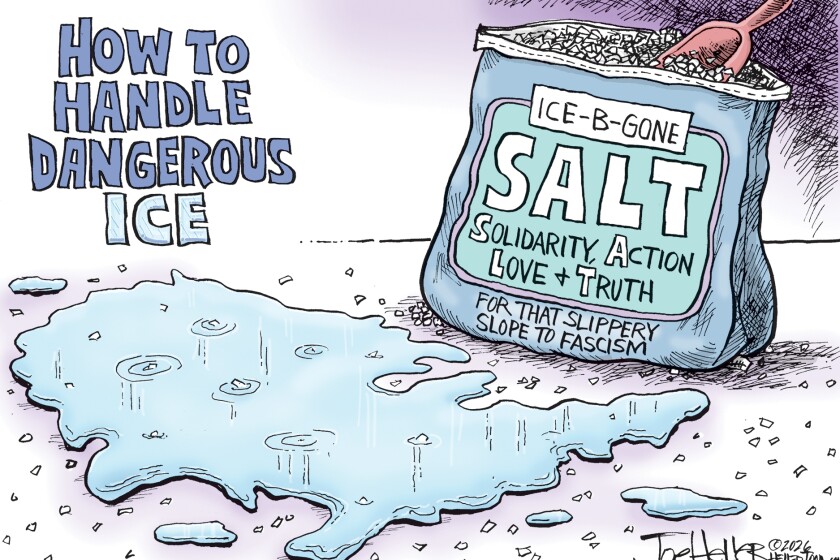Libya descended into chaos following the 2011 NATO-backed uprising that toppled longtime dictator Moammar Gadhafi.
In 2014, the country fell into a civil war that led to it splitting between warring factions.
Nearly 10 years later, a political standoff continues between an internationally recognized government in the capital, Tripoli, in the west of the country, that is led by Prime Minister Abdulhamid Dbeibeh, and a rival rebel administration in the eastern city of Benghazi, led by Haftar and his Libyan National Army (LNA), that is supported by some states.
Haftar was born in the Libyan city of Tarhuna. He served in the Libyan army under Muammar Gaddafi, and took part in the coup that brought Gaddafi to power in 1969.
- He took part in the Libyan contingent against Israel in the Yom Kippur War of 1973.[5] In 1987, he became a prisoner of war during the war against Chad after being lured into a trap and captured, which was then a major embarrassment for Gaddafi and represented a major blow to Gaddafi's ambitions in Chad.
- While being held prisoner, he and his fellow officers formed a group hoping to overthrow Gaddafi. He was released around 1990 in a deal with the United States government and spent nearly two decades living in the U.S. in Langley, Virginia, and gained U.S. citizenship.[6][7]
- In 1993, while living in the United States, he was convicted in absentia of crimes against the Great Socialist People's Libyan Arab Jamahiriya and sentenced to death.
- In 2014, he was commander of the Libyan Army when the General National Congress (GNC) refused to give up power in accordance with its term of office. Haftar launched a campaign against the GNC and its Islamic fundamentalist allies.
- His campaign allowed elections to take place to replace the GNC but then developed into the Second Libyan Civil War.
- In 2017, Ramzi al-Shaeri, Vice-President of the Derna city council and lawyers Ryan Goodman and Alex Whiting accused Haftar of the war crime of ordering the killing of prisoners of war during the recapture of Derna.[8][9]
Opposition from the United States[edit]
Gaddafi demanded Haftar's soldiers be returned to Libya, but the Americans arranged for them to fly to Zaire instead.
- There, half of his soldiers decided to return to Libya. In late 1987,
- Haftar and a group of officers aligned themselves with the National Front for the Salvation of Libya (NFSL), a U.S. supported opposition group.[10][28]
- On 21 June 1988, he declared the establishment of the military wing of the NFSL, called the Libyan National Army under his leadership.[28] When U.S. financial aid to Zaire was not forthcoming, Zaire expelled the remainder to Kenya.[35]
- Kenya only provided temporary residence, and the CIA negotiated a settlement around 1990, enabling Haftar and 300 of his soldiers to move to the United States under the U.S. refugee programme.[29][35]
- In fact, the end of the Cold War diminished Libya's geo-strategic relevance and the CIA funding program to Haftar's brigade was suspended.[37]
- Haftar moved to suburban area outside Washington, D.C., living in Falls Church, Virginia until 2007.
- He then moved to Vienna, Virginia.[35][38]
- From there, and mostly through his close contacts within the DIA / CIA, he consistently supported several attempts to topple and assassinate Gaddafi.[39]
- He spelled his name "Hifter" in legal documents in the United States.[38]




No comments:
Post a Comment